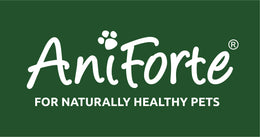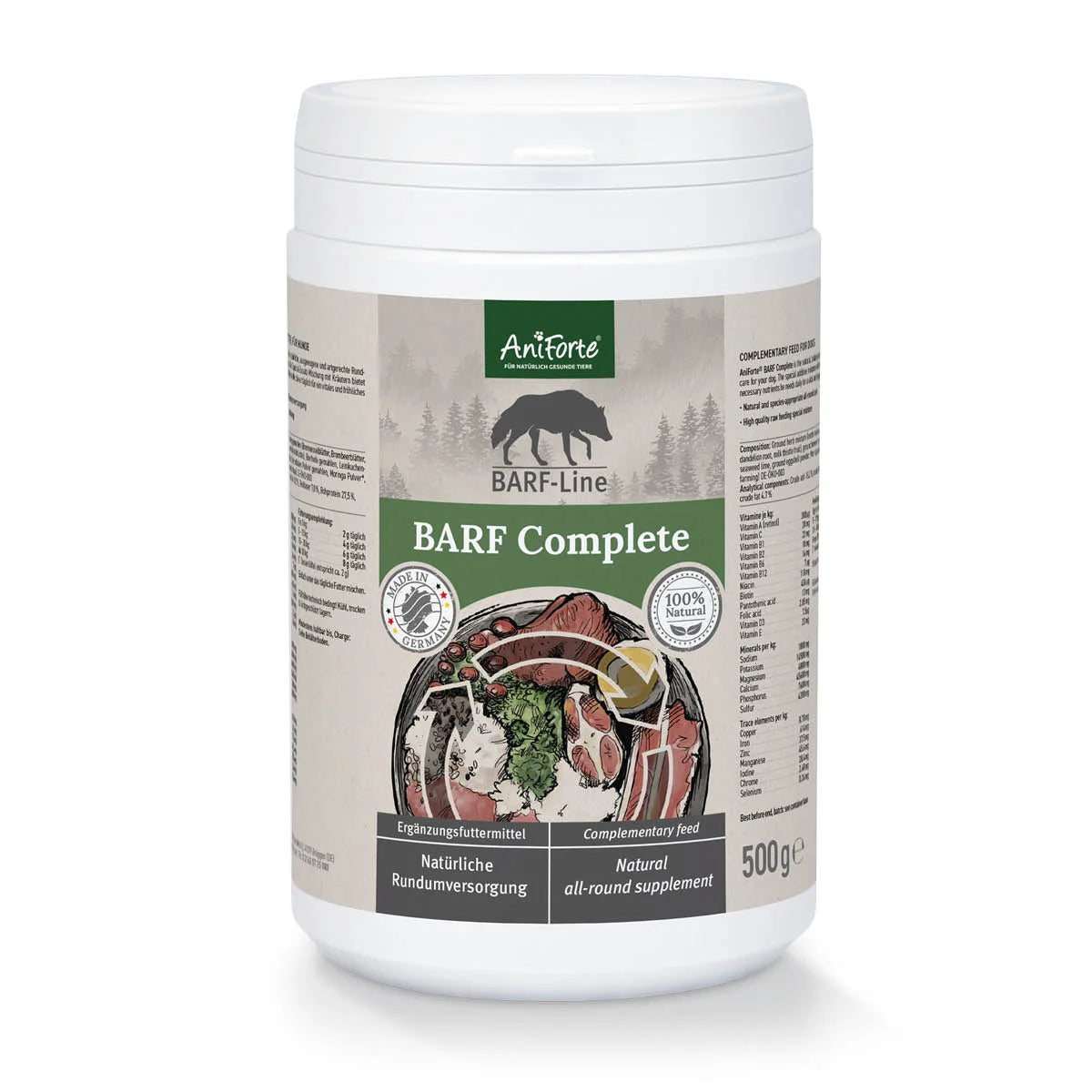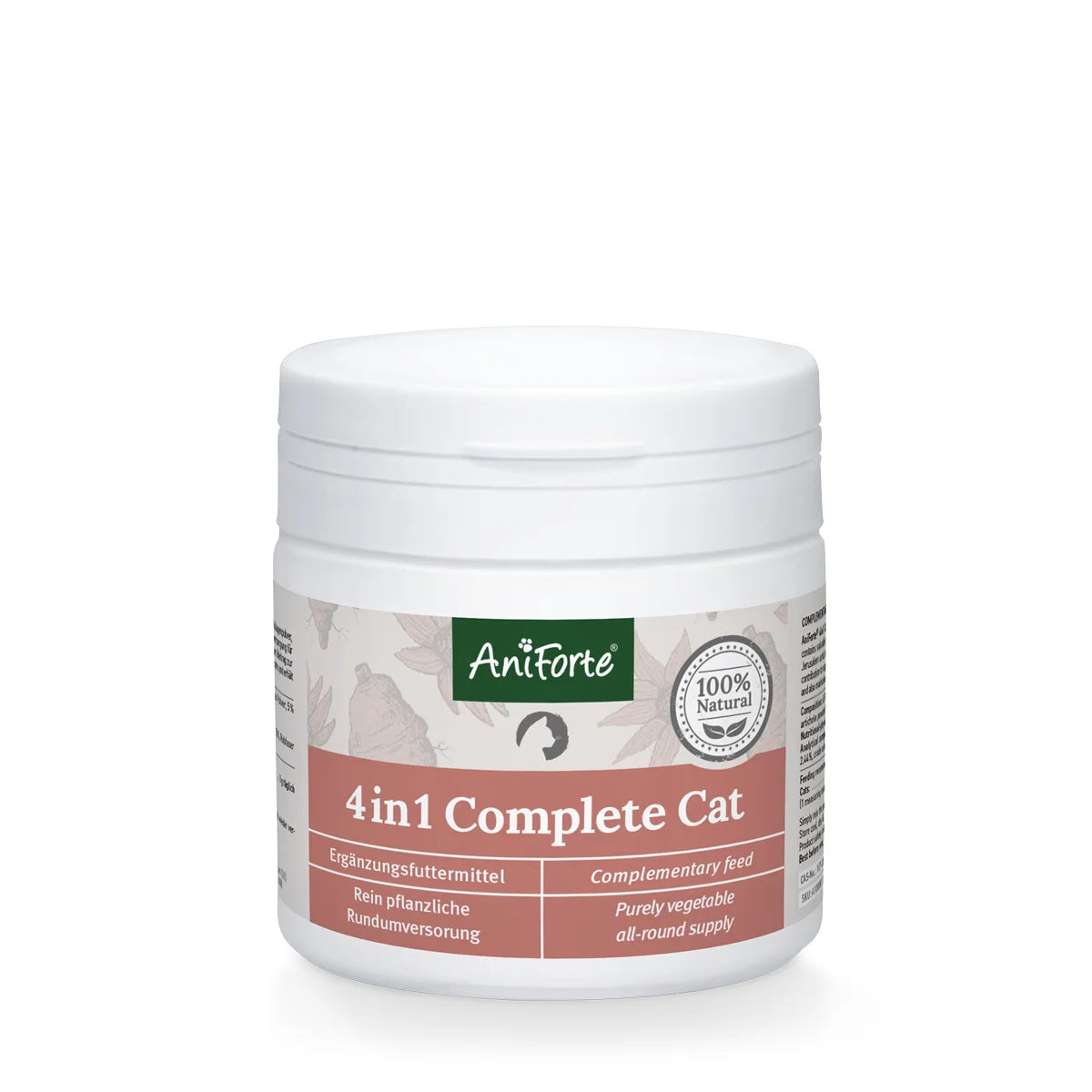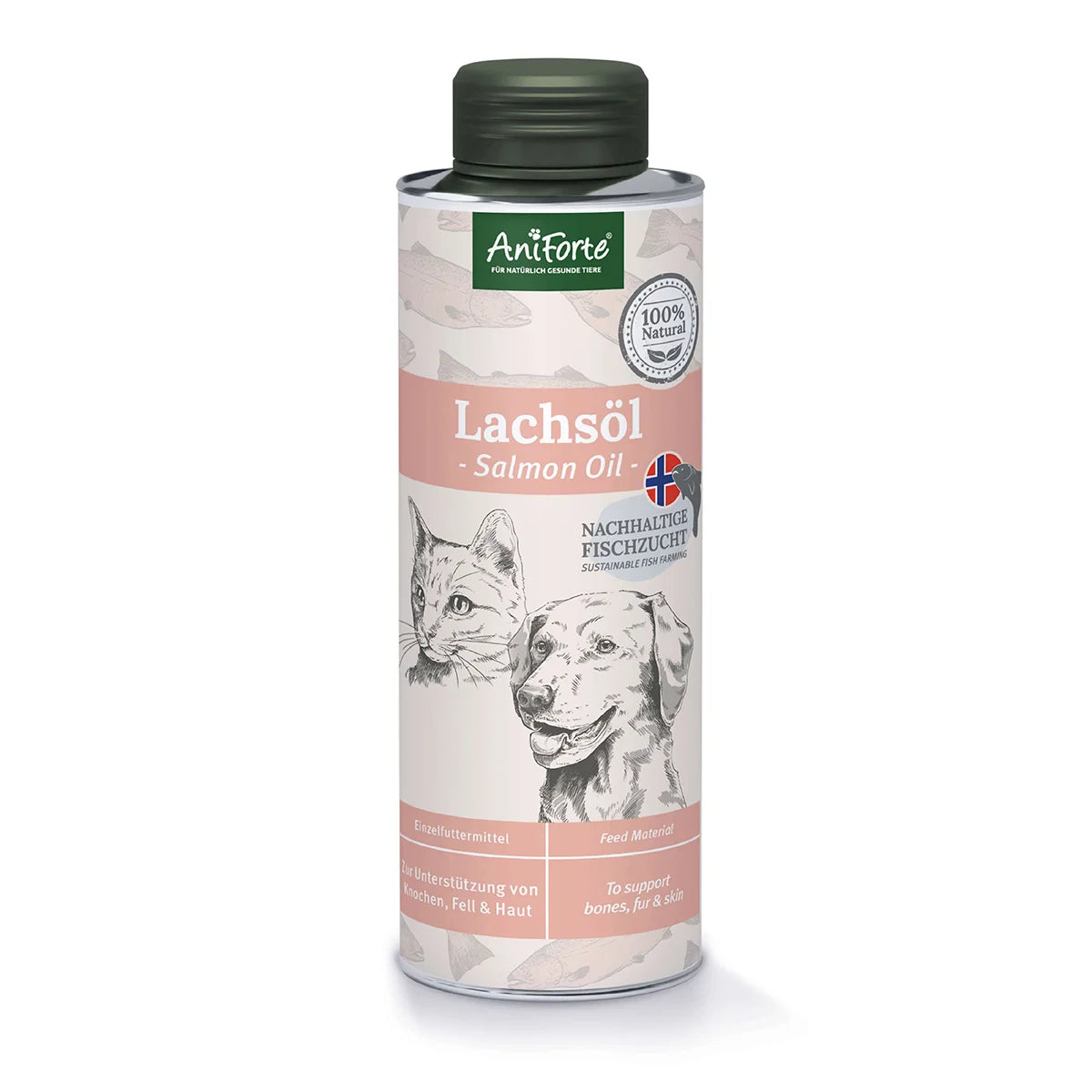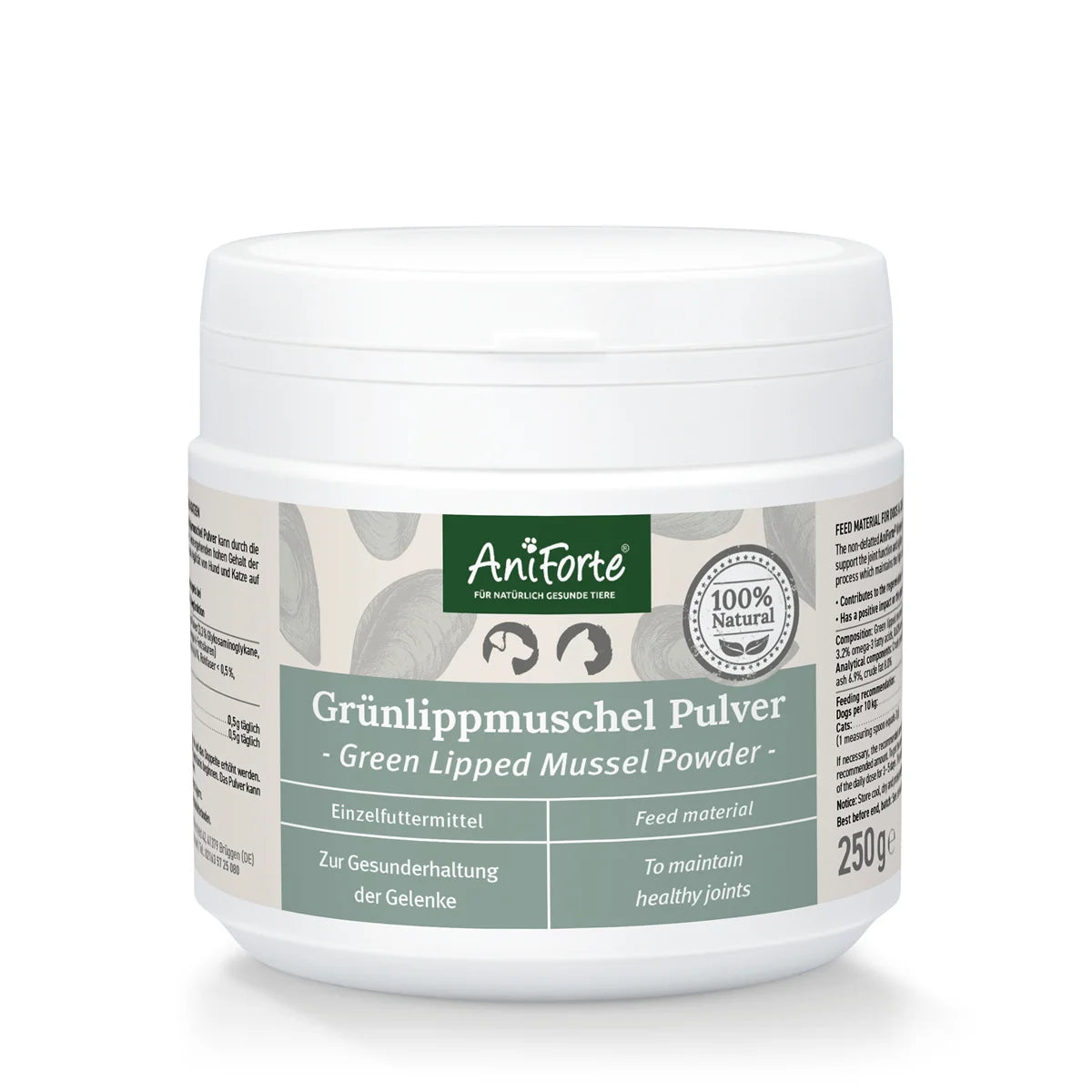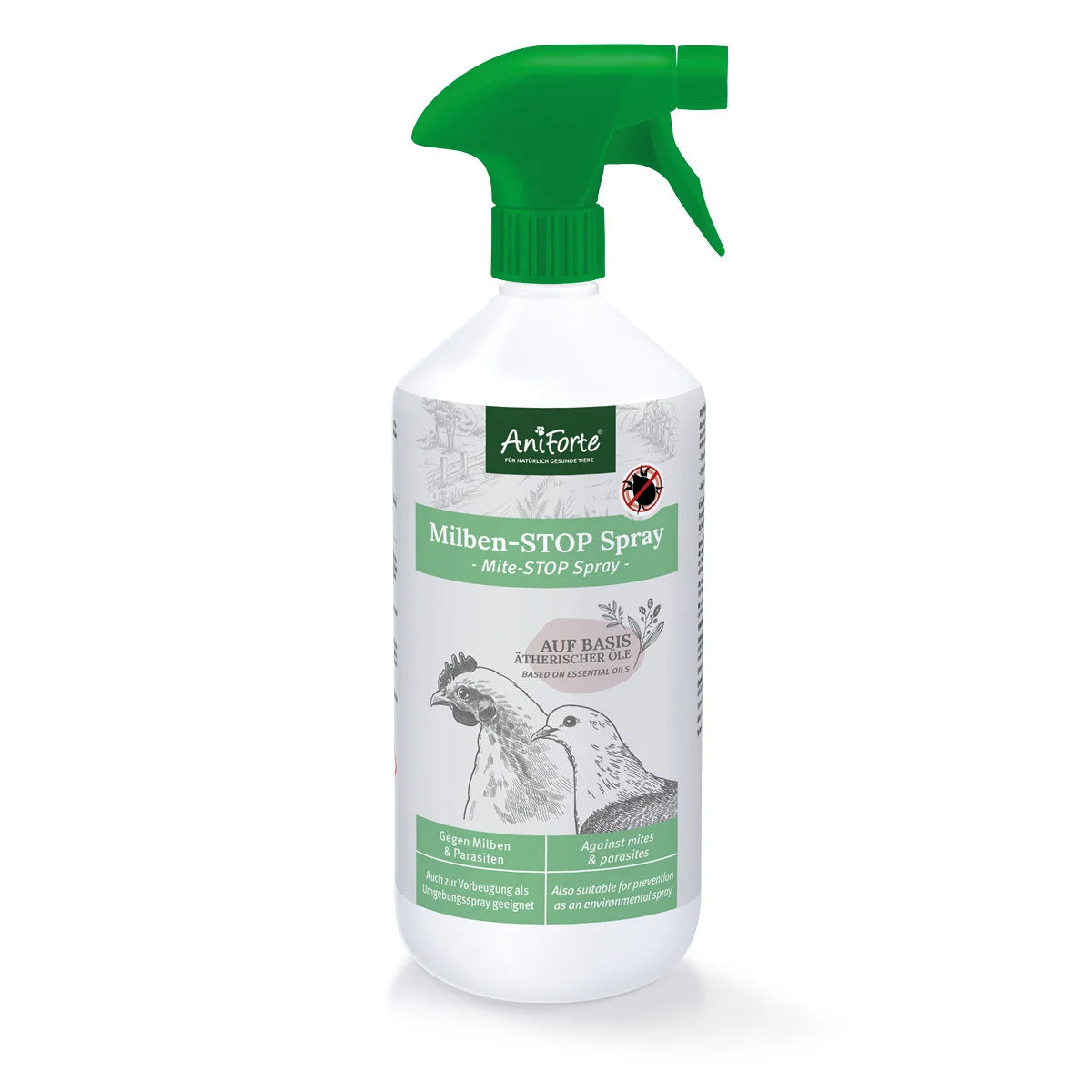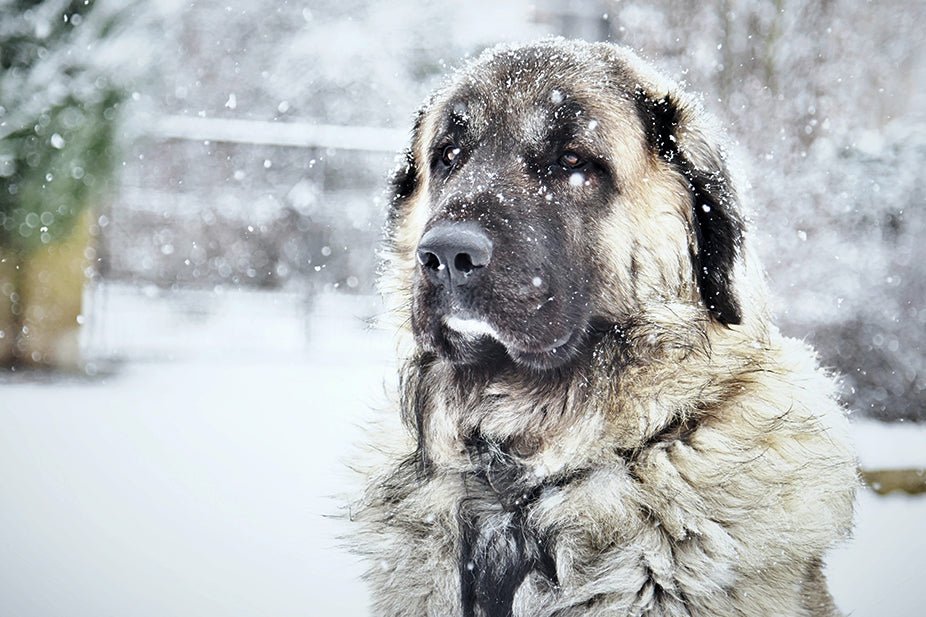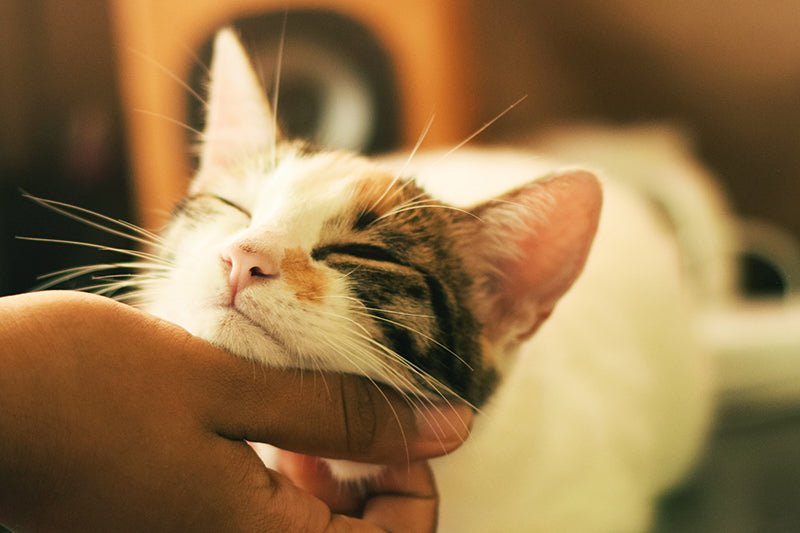
Is your dog six years or older? Then he might be getting a little slower, but also more prone to illnesses. Reduced mobility, back problems, tartar, circulatory disorders, and loss of stamina are typical problems that owners of older dogs are experiencing. Let’s talk about useful feed supplements for dogs in old age, and how you can optimally support your friend as he grows older.
1. Age-appropriate exercise for body and mind
Every dog ages differently. They often need less exercise and more rest. However, regular exercise promotes blood circulation. Small thinking challenges keep your companion mentally fit, even in old age.
At a glance:
- Avoid one-sided "stop-and-go" games, such as throwing sticks or ball games as they can lead to injuries
- Instead of walking for hours, it is better to go for shorter rounds three to four times each day
- Keep your furry friend fit with small brain teasers, for instance hide his favourite toys.
- Agility light trainings are also suitable for seniors. The sense of achievement when tasks are mastered successfully brings joy and keeps them fit
- Swimming relieves the stress on the joints and is particularly recommended in old age. Avoid, however, jumping into the water in cold temperatures. Seniors often have poor immune defenses and can catch a cold easily
2. Appropriate diet
Many older dogs tend to get overweight. In old age, the organism works more slowly.
It is important that you adjust your dog’s nutrition to prevent your dog from gaining weight. Every extra kilo puts a strain on your dog's joints and organism. Choose easily digestible foods that are tailored to your dog's activity level.
At a glance:
- Feed smaller portions more often during the day
- The pieces of meat shouldn't be too big or too hard
- Some senior dogs have a higher water requirement. Make sure that your furry friend always has enough drinking water available
- The dog's body can no longer utilise protein as well. This can lead to tissue breakdown and a weakening of the immune system. Feed high-quality proteins from white meat such as chicken or turkey
3. Important complementary feed
Older dogs often suffer from osteoarthritis, a slower metabolism and poor blood circulation. At the same time, there is a higher need for vitamins and minerals in old age in order to maintain the dog’s immune system.
For age-appropriate support, an adapted food supplement can be offered to senior dogs. High-quality feed supplements for dogs - specially tailored to older animals - are essential to maintain muscle and joint functions and to stay healthy in old age.
At a glance:
- Your senior dog has a higher need for vitamins, minerals, and amino acids
- The right nutrients support muscle and joint functions. As a dog food supplement to build muscle and support the joints, we offer green-lipped mussel powder or green-lipped mussel capsules as collagen for dogs is also a good support for maintaining agility in old age
- Be sure to feed only natural vitamins, as the body cannot properly process artificial vitamins, which are found in most foods and supplements
- Talk to your veterinarian or animal health practitioner to select food supplements tailored to your pet's needs
4. Detoxification
A healthy gastrointestinal tract is important to properly process nutrients and break down toxins. Regular detoxification of the liver, one of the most important detoxification organs, and stabilisation of the intestinal flora are recommended.
At a glance:
- The liver is responsible for breaking down a wide range of toxins such as bacteria, parasites and environmental toxins
- In order for the liver to be able to do its job well in the long term, it needs a number of minerals and vitamins
- To support the liver function of your senior dog, we recommend to carry out a liver detox once or twice a year. Talk to your veterinarian or animal health practitioner
5. Regular preventive care
Prevent certain diseases in your furry friend through regular check-ups. In addition, you give your vet the opportunity to record changes in your dog’s health, which often makes diagnoses easier. The following examinations are part of an all-encompassing prevention plan:
At a glance:
- Blood and urine tests
- Cardiovascular test
- Control of posture and joints to detect diseases such as osteoarthritis early on
- Tartar prophylaxis
- Check of skin, fur, eyes, ears and claws
- Check of nutritional status and muscles
